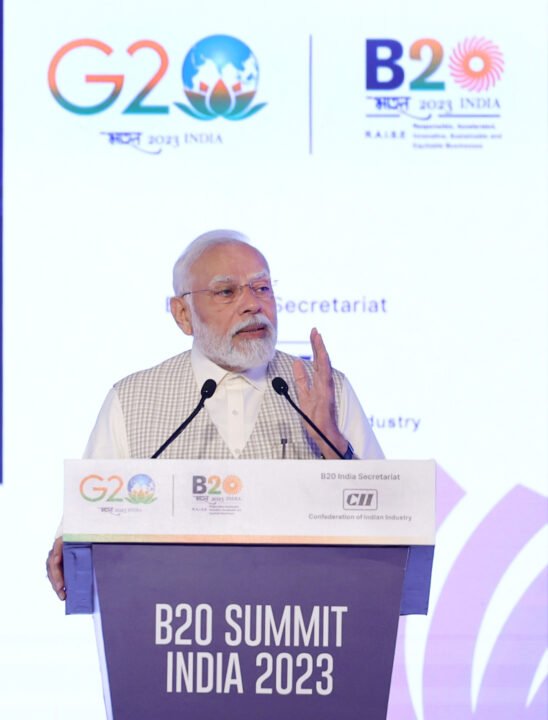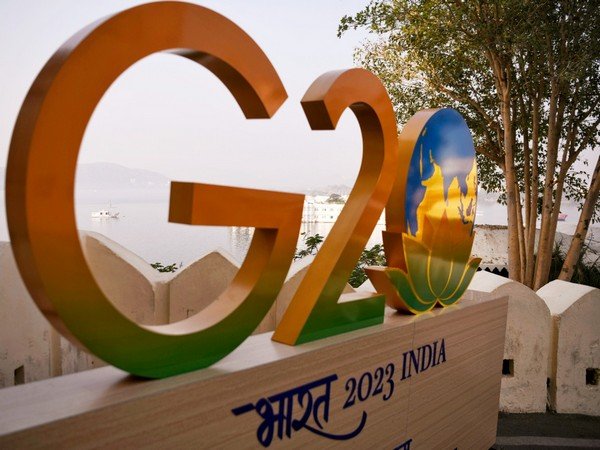NEW DELHI, Feb 6: A research by the George Institute for Global Health, with collaborators from Strathmore Business School in Kenya and the London School of Hygiene and Tropical Medicine, has called for a robust regulatory framework for e-pharmacies to ensure safety and quality of care in these rapidly-growing markets.
According to the researchers, e-pharmacies — enabling consumers to buy prescription medicines via websites and mobile apps — were becoming more prominent in low- and middle-income countries.
Their research, recently published in the PLOS Global Public Health, highlighted the opportunities to enhance consumer safety in the digital healthcare ecosystem and underscored the need for robust regulatory framework.
“e-pharmacies can be great tools for improving access to medicines. However, the lack of regulation governing e-pharmacies poses risks. There is a need to create a trustworthy e-pharmacy environment in which patients can confidently access the medications they require,” said Mohammad Abdul Salam, senior researcher at the George Institute of Global Health.
The research team identified the e-pharmacies operating in India and Kenya and reviewed their websites and apps, mapping them against existing regulatory requirements and international best practices.
The research identified the strengths and the areas for enhancement to promote better consumer and industry outcomes.
The research showed significant strengths among e-pharmacies, with 90 per cent of e-pharmacy websites in India and 58 per cent in Kenya providing an option to upload prescriptions.
“This feature prevents the sale of prescription medicines without proper authorisation, as a means to ensure safe and responsible pharmacy practices. The study highlights opportunities for improvements, such as enhancing the provision of drug information to boost consumer safety and confidence. As of now, only 16 per cent of Indian e-pharmacies and 42 per cent of Kenyan ones providing complete drug information (such as on side effects, drug interactions, and contraindications),” Salam said.
India does not have a regulatory framework specific to e-pharmacies but regulations have been proposed in the past.
The research indicated that e-pharmacies with more website visitors tended to exhibit better compliance with best practices or “proposed regulations” in India.
The most-visited websites met 8.7 of 14 (62 per cent) best practices or proposed regulations, compared to the other websites that met 51 per cent.
To build on these strengths and address the gaps, the researchers advocated for a “risk-based” regulatory framework that encouraged regulators to engage constructively with compliant e-pharmacies, creating opportunities supporting best practices while helping the partially compliant to improve compliance.
The researchers suggested that regulators and e-pharmacy businesses could work together to create rules that promoted safety and quality and improved the accessibility and affordability of medicines.
“e-pharmacies have enormous scope for improvement to become a trusted source for patients to access prescribed medicines for a healthier future for communities, especially in countries such as India and Kenya, where ensuring continuous access to high quality and affordable medicines remains a challenge for many,” said Gautam Satheesh, a research fellow at the George Institute for Global Health.
“Our research provides a foundation for policymakers to develop regulations to govern the growth of e-pharmacies and safeguard consumers,” Satheesh added.
The research highlighted that many e-pharmacy platforms also offered teleconsultation with doctors and diagnostic services, reflecting the trend toward integrated digital health care.
The researchers also noted that as digital healthcare services expanded, regulatory frameworks needed to evolve to address new models of care.
The George Institute for Global Health is an independent medical research institute aiming to improve the health of millions of people worldwide by generating effective, evidence-based and affordable solutions to the world’s big health challenges.
Established in Sydney, with major standalone centres in China, India, and the UK, it has projects in more than 45 countries and affiliations with world-class universities (PTI)












